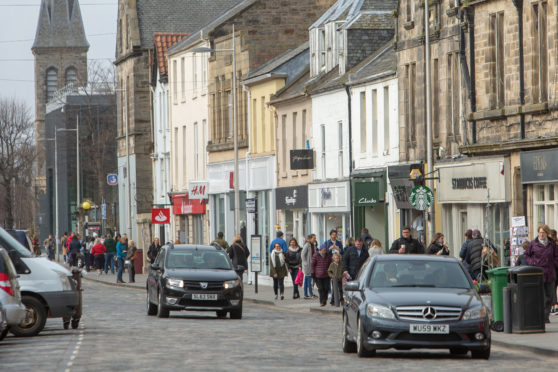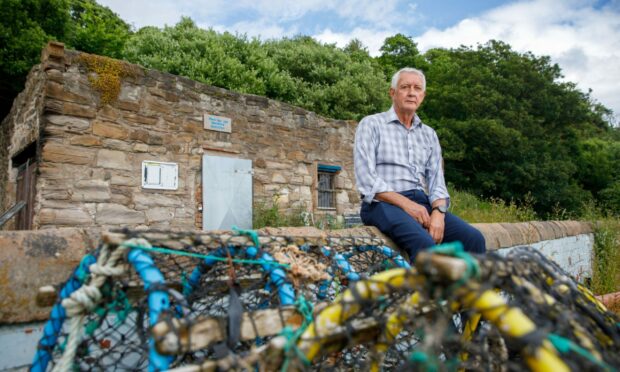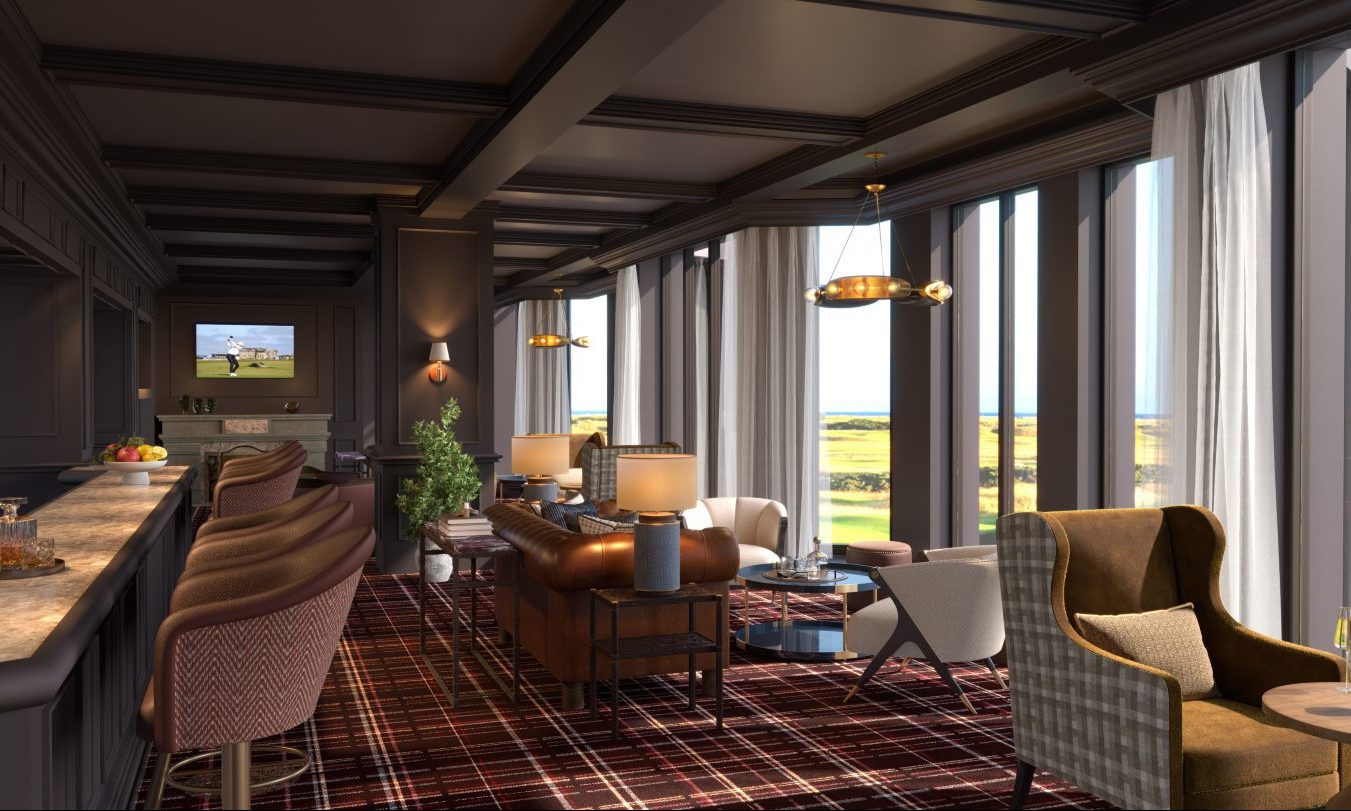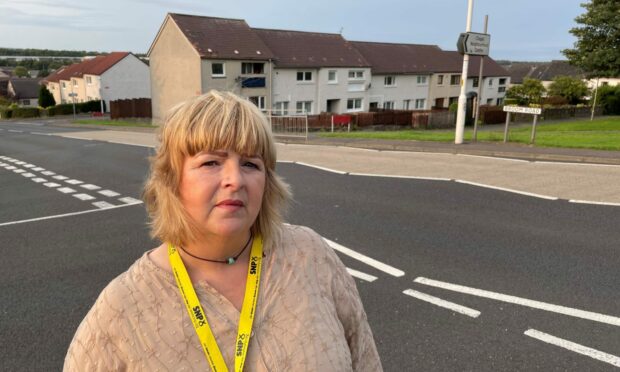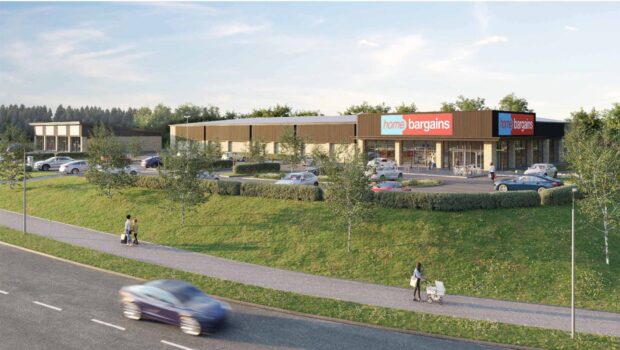St Andrews campaigners for a cap on houses in multiple occupation have hit back at a claim the move would penalise students.
North East Fife Area Committee last week voted for measures which would prevent the proportion of HMOs in the town centre from rising in a move described as “shameful” by University of St Andrews Students’ Association president Lewis Wood.
David Middleton, who chairs the Confederation of St Andrews Residents Associations (CSARA), said: “They are saying that students’ needs are not being taken into account. What we would say is that all the evidence suggests that students are really well catered for.”
North east Fife councillors voted in favour of a motion from Labour’s Brian Thomson calling for the percentage of HMOs in the town to rise no further than their current levels of 17% in the centre, 5% in the east of St Andrews and 3% in the west.
It was broadly in line with what CSARA had campaigned for.
The group argued that it was not “anti-student” but was calling for more houses to be made available for families, with around 370 on the waiting list for social housing.
Mr Middleton told the committee: “Since compulsory licensing for HMOs was introduced, 165 social houses have been lost to the community because of right to buy and then passed to buy-to-let HMO landlords who can command rents of about £600 per room per month.
“There is still a substantial reservoir of former social housing coming up for sale on a regular basis and these are almost always turned into HMOs.”
In January, he obtained figures from St Andrews University under Freedom of Information legislation.
It revealed that last year there were 46 vacancies in student halls, representing 2% of the total number of rooms available.
And he said the university’s building programme, to increase the number of student beds by 1,000, reflected the need to alleviate pressure on “the town’s limited supply of housing”.
He added: “If students feel nobody has any sympathy for their position, they are in a far better position than the 350 people who don’t have homes.”
